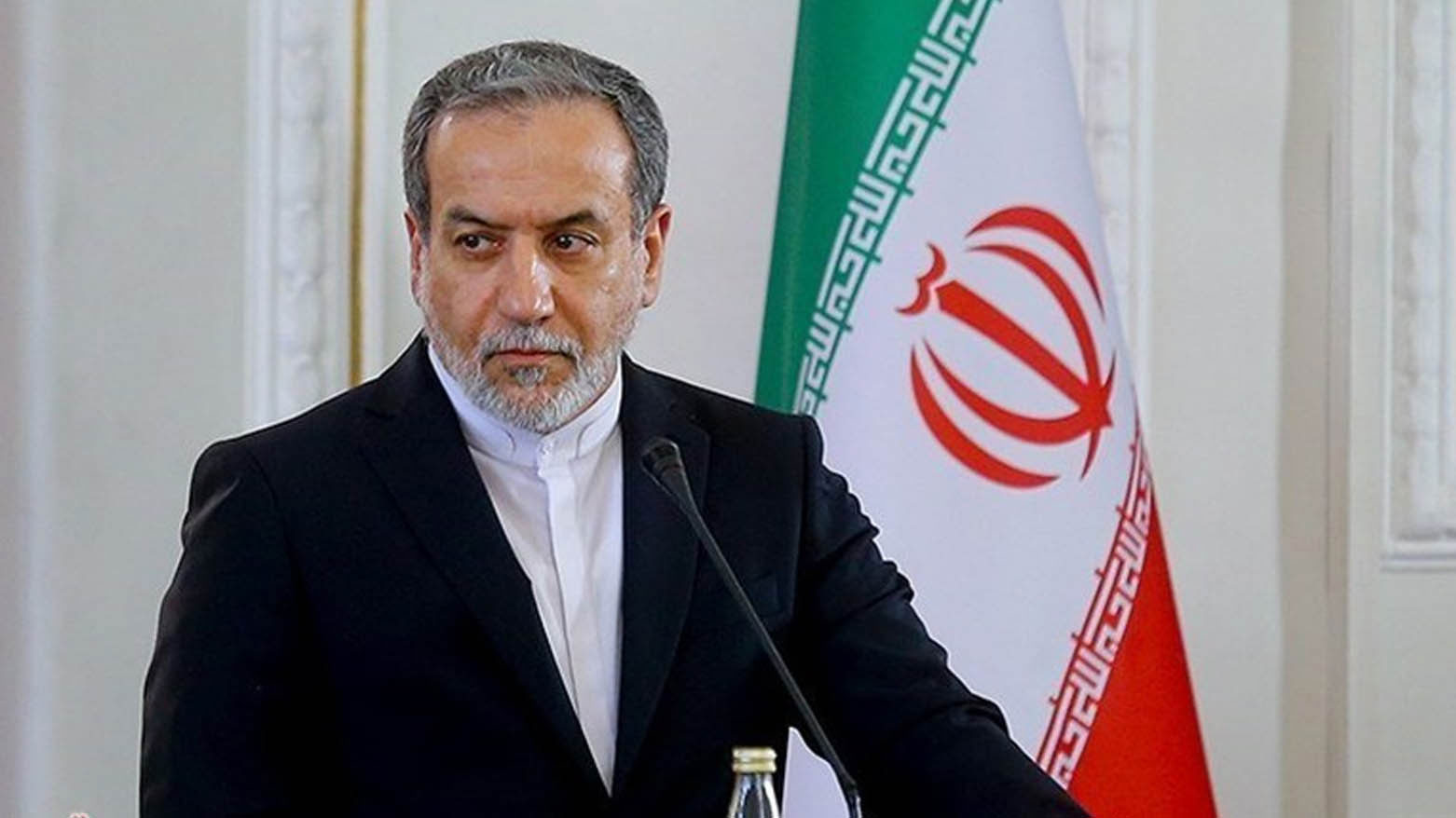Iran Rejects Calls for Restraint Following Israeli Strikes, Declares Nuclear Talks “Meaningless”
Iran rejects calls for restraint after Israeli strikes, says nuclear talks 'meaningless' amid crisis. FM Araqchi slams 'aggression' as retaliatory missiles hit Israel. Will the diplomacy collapses as region teeters toward wider war.

ERBIL (Kurdistan24) – Iran’s Foreign Minister Abbas Araqchi on Saturday firmly rejected international appeals for restraint following Israel’s extensive military assault on nuclear and military sites across Iran, describing the appeals as “unjustified” in light of what Tehran labeled as a “blatant act of aggression.”
According to a statement from the Iranian Foreign Ministry, Araqchi conveyed Iran’s position during a phone call with British Foreign Secretary David Lammy, stressing that the scope of the Israeli attacks renders calls for de-escalation baseless.
Nuclear Talks “Have Lost Meaning”
In a related development, Iranian Foreign Ministry spokesperson Esmail Baghaei declared that the ongoing nuclear negotiations with the United States “have lost their meaning” in the wake of Israel’s military campaign.
“It is not possible to negotiate with a party that gives the green light to the Zionist regime to target Iran,” Baghaei said in remarks broadcast by Iranian state television. He further accused the U.S. of complicity, suggesting that the strikes would not have occurred without American approval.
The United States has previously denied any involvement in the Israeli strikes and reiterated its commitment to diplomacy as the path for resolving disputes over Iran’s nuclear program.
The sixth round of negotiations between Tehran and Washington had been scheduled to take place in Muscat on Sunday. However, in light of the recent escalation, the future of those talks remains uncertain.
High-Profile Casualties and Retaliation
In the early hours of Friday, June 13, Israel launched one of its most extensive military operations to date, targeting Iranian nuclear facilities and military infrastructure. Among those killed were senior military figures, including Islamic Revolutionary Guard Corps (IRGC) commander Hossein Salami, Chief of Staff Mohammad Bagheri, and several prominent nuclear scientists.
In retaliation, Iran fired waves of missiles at Israeli territory, killing three people and injuring dozens. Sirens blared across major Israeli cities, and explosions were reported in central Tel Aviv and Jerusalem.
Regional and International Alarm
This latest escalation marks a significant and dangerous turning point in the ongoing conflict between Iran and Israel. International actors have warned of grave security repercussions that could destabilize the broader region if hostilities continue unchecked.
Despite these warnings, Tehran appears resolute in its position, viewing the Israeli assault as a red line that precludes any further diplomatic engagement under current conditions.
